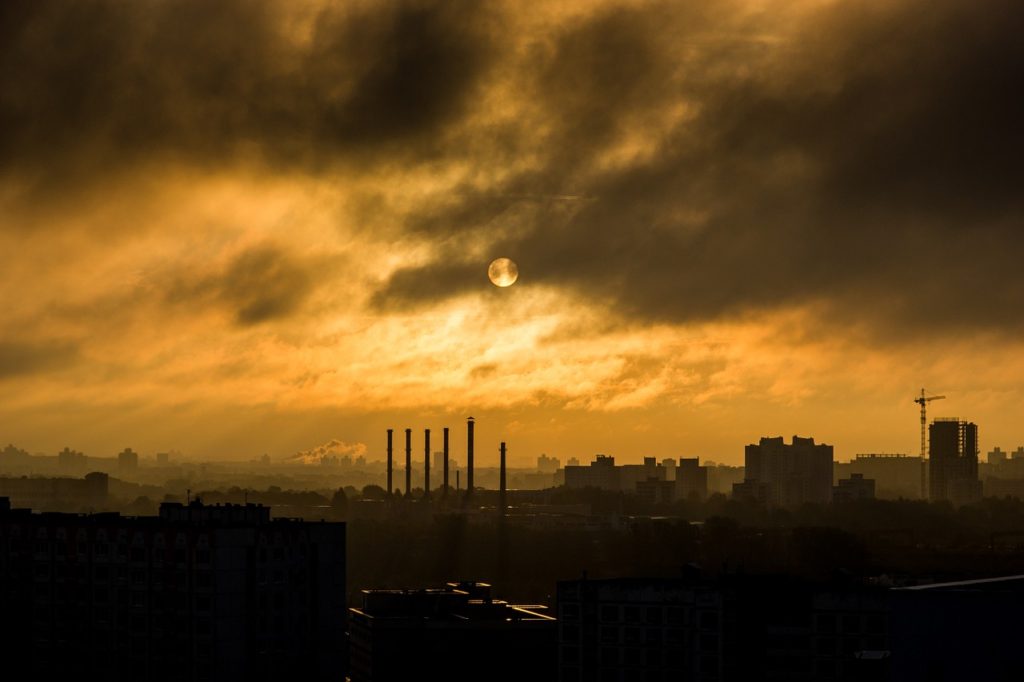Russian specialty chemicals market is a major contributor to the economy for the chemical sector within this region. The government continuously works in order to upgrade the country’s chemical market. The production of chemicals in the country in 2020 increased by 6.7% compared to the previous year. The Russian government plans to invest up to USD 285 million to develop the national specialty chemicals industry in the country. The country imported fine and specialty chemicals worth nearly USD 7.4 billion in the year 2019.
The Russian specialty chemicals market is still in the developing stage as compared to other chemical segments like the commodity chemicals market. The country has limited technology for the production of specialty chemicals. Russia majorly imports various specialty chemicals. This trend has, however, changed over the years. Various MNCs have entered the Russian specialty chemicals market. These companies have set up their sales operation or manufacturing operation sites in the country. The domestic players on the other hand largely depend on the production of commodity chemicals which require minimal processing.
Neohim is associated with the production and development of specialty chemicals for various leading industries. The company attention to the introduction of its products at plants, providing services on the scientific and technical aspects of the client’s production. It is one of the members of the Expert-Ecology-Neohim Group of Companies. Banmark is a Finnish company and is operating in the Russian chemical market since 2004. The company provides the most advanced methods for solving complex problems in the paper and pulp industry based on modern technologies. Neohim and Banmark have been strategic partners for more than ten years. Neohim produces chemicals in the country using European raw materials following the quality standards provided by Banmark.
The Pharmaceutical industry
The pharmaceutical industry, which involves the production, development, and marketing of medicines is actively expanding in Russia. The Russian pharmaceutical industry is expected to grow by 147% during 2017 and 2030. The industry was dependent on import trade which was valued at around USD 13.8 billion in 2019. One of the driving forces for the pharmaceutical industry is the evolution of online retail for over-the-counter medication. Physical stores are not permitted to sell these drugs. Due to the COVID-19 pandemic, laws legalizing the sales of OTC drugs were adopted in Russia. The Russian pharmaceutical industry was valued at USD 4.32 billion in the year 2020.
Pfizer is one of the leading pharmaceutical companies, founded in New York. The medicines and vaccines manufactured by Pfizer help people fight various diseases. Through global resources and innovation, the company improves the health and well-being of people at every stage of life. Pfizer produces pharmaceuticals and vaccines along with various world-renowned vitamins. The employees of Pfizer work in developing and developed countries to prevent and treat today’s most serious diseases. Pfizer now operates in more than 50 countries.
Pfizer opened its first production site in Russia in 1992. The company’s diversified product portfolio includes biological small molecule drugs and vaccines for humans. Pfizer also produces products for healthy nutrition and a range of over-the-counter drugs around the world. Presently, more than 100 products manufactured by Pfizer are registered in the Russian Federation. The drugs produced by Pfizer are used for the treatment of diseases of the musculoskeletal system, cardiovascular system, urological drugs, and antibiotics, among many others. The latest scientific developments have changed the paradigm of the treatment of socially significant diseases. Pfizer has significantly contributed to the development of Russian innovations in the field of medicine. The company has been involved in the modernization of the pharmaceutical industry. The treatments offered by Pfizer have improved the quality of medical care, increased life expectancy, and have improved health and quality of life.
During the COVID-19 pandemic, vaccination continues to be critically important. The pandemic has caused a decline in the number of children receiving routine immunizations. This reduction could lead to an increase in illness and death from preventable diseases. WHO has urged countries to ensure the continuation of essential immunization and health services. Pfizer has also developed the vaccine for COVID-19. Russia has registered two vaccines for domestic use. Pfizer was seeking approval for the new COVID-19 vaccine developed in Russia.
BIOCAD is one of Russia’s leading innovative biotechnology companies, combining a world-class research and development center. The company has ultra-modern pharmaceutical and biotechnological manufacturing facilities. BIOCAD exports the medicines it produces to 24 countries. The company has an excellent preclinical and clinical research infrastructure compliant with international standards. BIOCAD is one of the world’s leading full-cycle drug development and manufacturing company. They are involved in the discovery of a new molecule and genetic engineering to large-scale commercial production as well as marketing support. The medicines produced by BIOCAD are used to treat complex health conditions including rare genetic anomalies. These medicines are also used in the treatment of cancer, autoimmune diseases, and orphan diseases.
The Russian specialty chemicals market is expected to witness excellent growth in the coming years. Rhodia is expected to maintain its lead in the country’s specialty chemicals segment with a 23% market share. The rise in end-user applications in the automotive, oil, gas, and construction sectors has increased the demand for specialty chemicals in Russia. Presently, nearly 50% of the demand for specialty chemicals is met through imports. The Russian manufacturers usually export raw materials to the developed nations. They in turn import the high-value specialty chemicals, causing profit margin erosion. The government, has, therefore, targeting the reduction of imports of specialty chemicals to 12%. To meet the demand, the country is developing domestic production for complex secondary chemical formulation.

